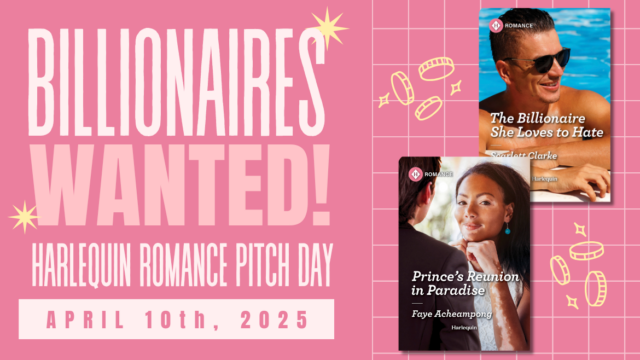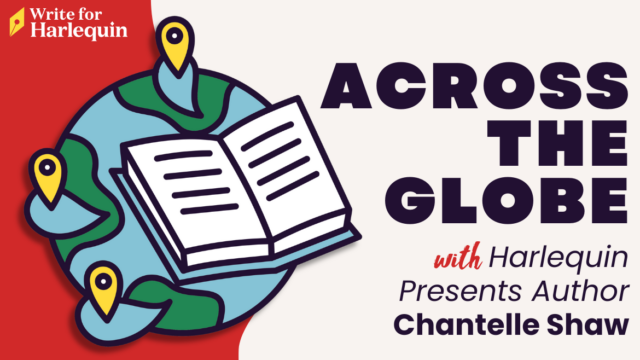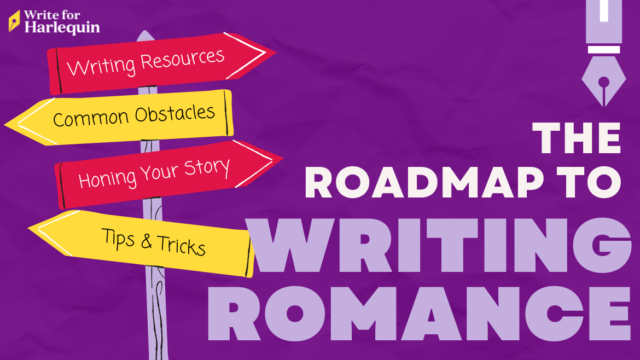Denise Zaza, Senior Editor for Harlequin Intrigue, originally wrote this post on Patience Bloom’s RomanceIsMyDayJob blog. But they’ve agreed to share it here as well!
Denise Zaza, Senior Editor Harlequin Intrigue
The oldest cliché around has to be about writing the great novel that will stand the test of time. But really how many authors have done that? If you can write a book that sells like gangbusters, I think that is pretty neat. Not that I want to seem unsophisticated. Yes, reading literary fiction is instructive and inspiring and essential. Writing with scholarly excellence is a massive achievement that often comes with industry accolades and awards. The creative process more than cold hard profit drives success, which is the highest ideal for art.
In my opinion though writing any manuscript that sells is a triumph. But let’s face it, on the whole popular fiction is considered pulp—homogenized. Generally it has been my experience that romance novels have the worst rap. In fact I was once introduced at a family gathering as someone who is “polluting the earth with romances.” (Nice to meet everyone, I’ll have the sanguine soup.) Whether it all started way back with the inexpensive process of publishing mass market books or the “dime store” label, we all know what people mean when there’s talk about “trashy novels.”
So why the universal hang up about books or ebooks that entertain a mass audience? There are many authors who write a lot of stories for eager romance readers. In my view, category romance novels have value and worth and they’re often a bargain to boot.
For nearly two decades as an editor with Harlequin Books and overseeing the publication of hundreds of romantic suspense books, I’ve seen the wide appeal of commercial fiction. I can personally attest to reading many letters from readers over the years about how uplifting, restoring and enriching the novels are. In many cases the category books are a meaningful part of a busy life. They offer escape and distraction. They’re fun. Readers depend on romance stories as an essential part of their lives. Knowing this makes me take my job very seriously because I know how important the novels are to the readers.
Acquiring books that readers appreciate is consequential if not necessarily monumental. But selling a lot of books is exciting. I can only imagine the thrill for an author to gain popularity through her writing. Not to mention the intimate partnership author and reader develop. For me that’s real, that’s attainable and totally awesome. (Fist pump—“Yes!”)
Come on, you all know it. Everyone likes a good story with a happy ending. It feels good. Just like curling up with an old book. Now that’s a classic that eclipses cliché.
Advice: You don’t have to write the greatest novel of all time. Write a good story and be honest to your work. Result: A lot of people will buy your book. How cool is that?
Thanks, Denise, for sharing your experiences! To find out more about Denise, follow her on Twitter at @DeniseZaza or at #HarlequinIntrigue.
Happy Reading–and Writing!




